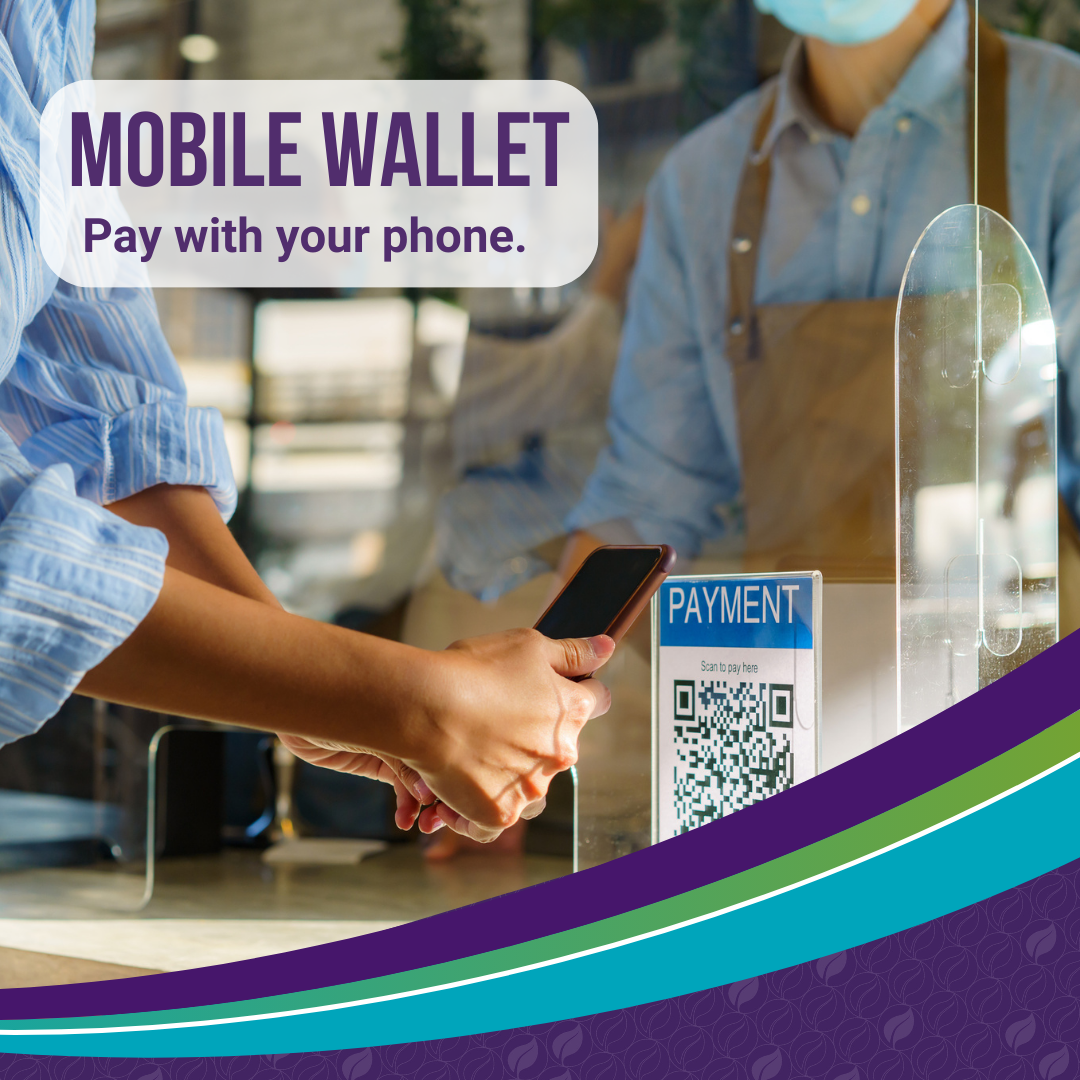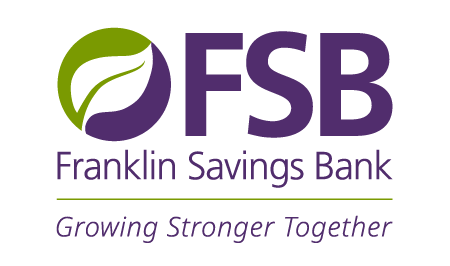How COVID-19 changed how we do business
If you look at a challenge closely, you might be able to find opportunities within it. As challenging as the COVID-19 crisis has been — and it has — it also presented some unique advantages and potential for new and improved processes. This has proven especially true in the banking world, where the inability to bank in person has required an increased reliance on technology.
While we missed our face-to-face interactions and look forward to the day when we can meet without masks, we must also celebrate the technology that has kept us moving forward, providing us the opportunity to overcome some of the COVID-19 challenges.
For that reason, we’re taking a closer look at how COVID-19 is changing how we do business… for the better.
Staying in Close Contact while Keeping Our Distance
Ultimately, the technology that has kept business moving forward has proven an effective substitute for the in-person interactions that businesses had become accustomed to. When the pandemic closed normal operations and social distancing mandates were put into effect, banks needed an alternative to communicating face-to-face with a teller inside a branch.
Online banking and the apps supporting it became indispensable as more businesses turned to digital banking to keep operations running. In fact, mobile banking has increased by 50% since the start of 2020, according to a report by Forbes.
Of course, with the increased reliance on mobile business banking comes the heightened risk of compromised cybersecurity, which is where technology stepped up again in defense of cyber safety.
There’s an App for That
FSB’s mobile banking app includes security features like text alerts. Text alerts assure that even if your bank branch was inaccessible during the height of COVID-19 uncertainty, businesses never lost contact with their financial life support.
These text alerts notify businesses of potentially fraudulent activity, low balances, and cleared transactions specific to their account.
In addition to mobile banking with updates provided via text alerts, businesses increasingly relied on RDC or remote deposit capture to access their accounts receivables and maintain the financial side of their business.
The Rundown on RDC
RDC is a proven technology that has been battle-tested by businesses for nearly twenty years. The FDIC defines RDC as technology that helps to streamline and improve the efficiency of one area of bank operations, processing check deposits. RDC allows customers to “deposit” checks electronically at remote locations, usually in the customers’ offices, for virtually instant credit to their account. Paper checks are digitally scanned, and images of the checks are electronically transmitted to the customer’s bank.
To be clear, RDC was not born of the COVID-19 crisis; rather the pandemic emphasized its value to both businesses and consumers alike.
It was another disaster — the attack on September 11, 2001 — that underscored the need for a system that would support electronic check clearing. The technology was developed and approved for national use by 2003, thanks to the Check 21 Act, which provided scanned check images with the same legal protections as the original paper versions.
Reimagining a Return to “Normal”
There is no doubt the pandemic has changed the way we do business. With virtual meetings replacing in-person and in-person exchanges requiring face masks with hand sanitizer always within reach, the business banking experience is not what it was pre-COVID-19.
Given the convenience these changes have afforded businesses and consumers, we anticipate many of these pandemic-related shifts will stick around even once we reach herd immunity against COVID-19.
That said, we are looking forward to seeing more of our customers back inside our branches as vaccine roll-outs continue and COVID-19 moves further into our rearview mirror. Until then, and if you have questions about any pandemic-related changes at FSB, please reach out.
At Franklin Savings Bank, we believe our job is to educate and support our customers, however possible. Contact us today to schedule a conversation and get your questions answered!




